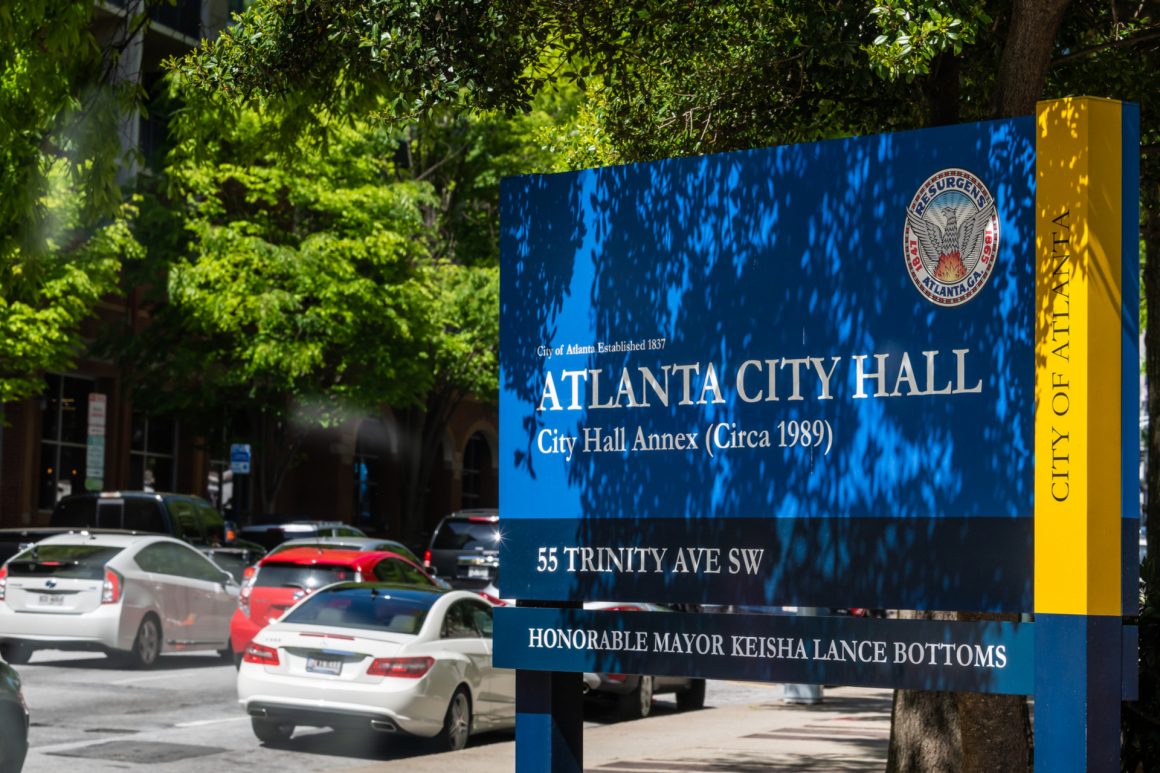Last night, eight people, including six Asian women, were killed during a shooting spree at three metro Atlanta parlors, the Atlanta Journal-Constitution reported.
The murders come at a time when anti-Asian hate crimes are rising and responses from government communications leaders are under a microscope.
Omnicom’s Soon Mee Kim, global diversity, equity and inclusion officer for Omnicom Public Relations, first heard the news in the early evening when a colleague texted her. After reviewing the news, Kim tweeted, “It feels like open season on us.”
Eight dead. This time in my backyard. Called my girls tonight to be hyper vigilant and be aware of surroundings at all times. I don’t know the motivation but on top of everything else, we are reeling. It feels like open season on us. #StopAsianHate
— Soon Mee Kim (@soonmeekim) March 17, 2021
“For a moment, my resolve was weakened,” Kim tells Marcom Weekly, in an exclusive interview. “As a mom, to have to tell your child to just be hyper-vigilant and be aware… that hurts. I know I’m not the only one, I know people have to live that way on a regular basis.”
As news reports trended into the morning, the response from the City of Atlanta came late this morning. While officials haven’t declared the murders a hate crime, crisis communications experts agree the impact on the Asian community is real and should be addressed accordingly.
Mayor @KeishaBottoms‘ statement on the overnight shootings in Atlanta. pic.twitter.com/sJjINpG1jn
— City of Atlanta, GA (@CityofAtlanta) March 17, 2021
Mike Paul, president of The Reputation Doctor, LLC, previously handled law enforcement crisis situations for New York City, State of New York and a ranking U.S. senator, who served on the Senate Intelligence Committee and worked on justice issues. Paul tells Marcom Weekly, “I think the mayor’s statement was safe. I’d give it a C+.”
For highly emotional crises such as this, Paul believes communication must be emotional as well as factual. “The best way to handle communications about a potential hate crime is to say you are keeping that as an option, wide open, and we want to make sure we have clear and convincing evidence because whoever the suspect is that did this in our community in Atlanta, is going to face the greatest extent of the law,” Paul says.
He also stressed that it is important to acknowledge that the city is keeping the door open on the possibility this may be a hate crime, as well as other types of crimes that could have taken place.
Eliot Hoff, executive director and lead of APCO Worldwide’s global crisis practice, is a lawyer by training and worked on hate crimes legislation while interning for U.S. Senator Chuck Schumer. He later spent several years crafting New York’s hate crime laws while at the Anti-Defamation League.
He believes the mayor’s statement goes in the right direction.
“The motivation is important regarding whether or not this would legally be considered a hate crime, but regardless of motivation, because of the recent violence against the Asian American community, this has had a really chilling impact on Asian Americans in Atlanta and Asian Americans across the country,” Hoff tells Marcom Weekly. “The motive is important for legal reasons but the impact remains the same.”
Crisis communicators say this is rightfully being viewed as a crime against Asian Americans, whether the motive was to attack Asian Americans or otherwise. Hoff says the effect is what’s important and it needs to be treated as a crisis and nationally.
“There needs to be a crisis team developed in Atlanta and nationally to deal with anti-Asian hate to deal with all stakeholders including law enforcement, members of the community and other religious and community leaders,” he says. “And there needs to be a complete focus on using whatever tools are possible which include law enforcement tools, communications tools to deal with this issue that is sweeping across this country.”
Paul advises that a hotline in Atlanta for Asian discrimination and attacks, which are happening nationwide, is also needed. He adds, “More info specifically for the Asian community is needed,” and says the mayor should also meet with leaders from the Asian community in Atlanta.
“Make sure you’re bringing the best minds and resources to the table that can act quickly,” says Hoff. Whether it’s communicating, or providing support to victims or listening to the community, he believes it’s important to have a team that is completely focused on this now.
“This is not new to us, we have been experiencing this, but with this recent event, it hits home even more,” says Kim. “Such a mixture of grief, anger and frustration; because I am a diversity leader so of course, I look at systems. It’s not just the immediate aspects.”
The impact is unmistakable. Stop AAPI Hate, a national coalition addressing anti-Asian hate amid the COVID-19 pandemic, in a tweet last night, acknowledges what crisis experts say must be addressed.
“Right now there is a great deal of fear and pain in the Asian American community that must be addressed,” they wrote in a post.
For Kim, she is still processing the events and at the time she spoke with Marcom Weekly was not ready to share advice for the city’s communications team. “I’m still thinking about this from a person who is an American citizen, a mother and person who cares for people within my organization and how do we best support each other,” she says.
As a person of faith, Kim remains hopeful, “We have people that we know who are in this fight together, whether they are Asian or Asian American, Black or African-American, Latinx or my white colleagues. This is when I am reminded of Dr. King’s quote about the interrelatedness of all of our communities and how we’re all inextricably tied together.”
To report an Asian American and/or Pacific Islander (AAPI) hate incident or support the movement to stop AAPI hate please visit https://stopaapihate.org/actnow/.



1 comment